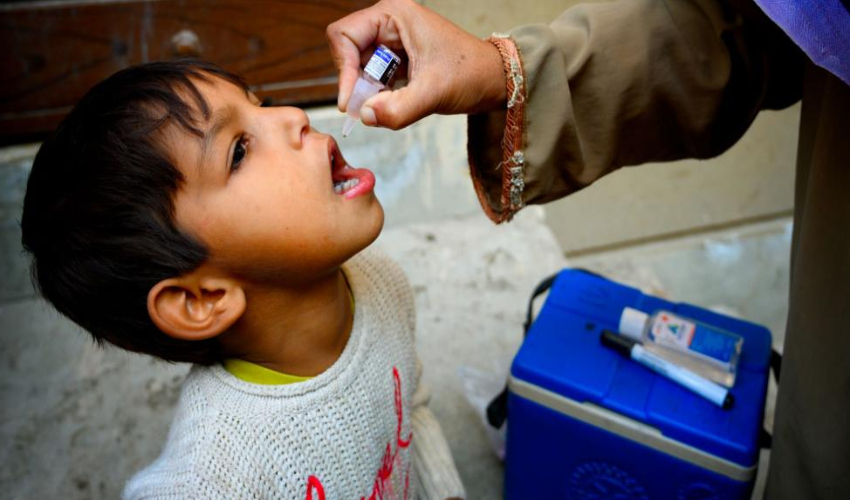Federal Minister Ahsan Iqbal has said that population growth is outpacing the development of the country, and the issue must be addressed urgently to secure the nation's future.
"If we continue to neglect population planning, our development efforts will be futile. We need to prioritize population management as a national agenda by building a national consensus," the minister said while addressing the 11th meeting of Parliamentary Forum on Population (PFP), organized by the Population Council with the support of United Nations Population Fund.
He also emphasized on quality of human resources, not just quantity, which determines a nation’s progress. “We must recognize that producing healthy and educated children is essential for competing in a global landscape; we cannot afford to raise a generation that is unhealthy and illiterate.”
Ahsan Iqbal assured parliamentarians that tax exemptions for contraceptives would be provided in the next fiscal year, acknowledging the importance of removing financial barriers to improve access to family planning services. He also emphasized the importance of women's empowerment, noting that educated women are more likely to have a stronger voice in family decision-making.
Chairperson of the forum, Senator Sherry Rehman, said, “Population planning should be integrated into the broader health agenda, with media and parliamentarians playing vital roles in raising awareness."
She expressed the need for advocating policy changes and sharing best practices among stakeholders to strengthen collective efforts in population management. She also emphasized the expansion and revitalization of LHWs programs across provinces, which will enhance the reach and effectiveness of population management efforts. She also urged parliamentarians to lead public awareness campaigns by utilizing platforms like social media.
In her welcome remarks, Dr Zeba Sathar, country director of the Population Council, emphasized the critical role of parliamentarians in addressing population challenges. She called for their involvement in removing perverse incentives, such as revising the NFC formula, and highlighted their responsibility in ensuring the poor have access to family planning services through targeted subsidies and voucher programs.
Dr Sathar also underscored the importance of empowering women by expanding education and employment opportunities, noting that family planning not only enhances women's health and wellbeing, but also enables them to contribute more effectively to the nation's economic growth and development
Addressing the meeting, MNA Dr Farooq Sattar called for a 'Charter of Population' among the country’s top political leadership to prioritize the population issue and demonstrate strong political will. He emphasized that without unified political commitment, it would be difficult to allocate necessary funds or implement effective policies to address the population crisis.
Dr Sattar urged all political parties to come together on this critical matter, with national leaders taking the initiative to declare a population emergency.
Addressing the parliamentarians, Jo Moir, development director of the British High Commission, highlighted the support the UK was providing to Pakistan in health, education, and family planning. She said that Britain remains a trusted partner committed to Pakistan’s development.
In his concluding remarks, Dr Luay Shabaneh, country representative of UNFPA, emphasized that Pakistan requires bold reforms to address its rapid population growth. He urged parliamentarians to actively participate not only in legislation but also in ensuring its implementation.
Parliamentarians voiced their deep concern over the alarmingly high population growth rate revealed by the 2023 Census. Representing all major political parties, the elected representatives stated unequivocally that, given the rapidly diminishing resources, Pakistan is heading toward a disastrous situation.



























